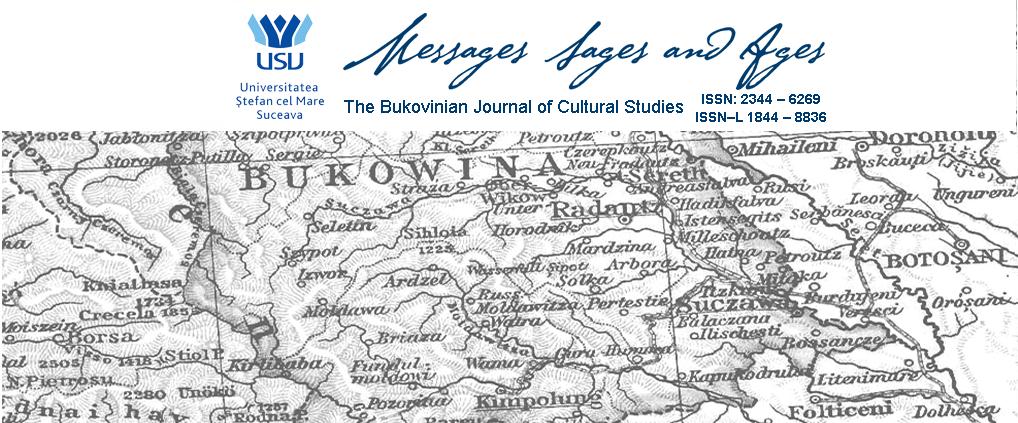The Conspiracy Craze: Facts, Acts and CTs (Conspiracy Theories)
The academic journal Messages, Sages and Ages (https://www.degruyter.com/view/j/msas) seeks papers that look at both conspiracy theories (CTs) and the study of CTs.
Throughout the last decade, conspiracy theories have become a pressing issue. Contemporary misinformation, also known as conspiracism, is a most significant fact of daily life in the EU or the US. Known facts and acts of imagination are behind some of the most influential CTs of the present (i.e. the 9/11 Truth Movement, Brexit, online radicalization). However, there is something more to this conspiracy craze, which has refused to go away from the mainstream of Western popular culture ever since the assassination of John F Kennedy, if not earlier. Currently, social psychology, political science, analytical philosophy and cultural studies work with vastly different outlooks on CTs in order to say it all. A possible breakthrough in understanding the causes and the use value of CTs is expected from transdisciplinary and transnational research now in progress.
We are currently looking for papers that address some of the potential concerns raised by the latest developments in CT research. Possible topics of interest include, but are not limited to:
• CTs as Threats to Civil Society and Representational Politics;
• Modes of Transmission and Forms of CTs;
• Corporate Reputation and CTs;
• Harmful Social and Political Effects of Conspiracism: populist politics, vaccination scare stories, climate change denial;
• The Rise of Popular Conspiracy Thinking: scapegoating the other;
• CTs as popular entertainment;
• Pathologizing CTs versus the Cultural turn in CTs;
• Conspiracy-minded Nationalism;
• Conspiracism and the EU;
• Unfortunate Turn of Events and the Narrative of Sinister Organizations;
• CTs in (Eastern) Europe and the US;
• The Paranoid Ways of Conspiracist Storytelling
We invite proposals from senior as well as junior academics, and also from representatives of non-governmental or governmental organizations.
We welcome papers in English. Abstracts (cca. 200 words) and full papers (up to 9,000 words), together with a brief biographical sketch (cca. 400 words), are to be sent to the following address: msa@usv.ro
Submission deadline: 1 September 2017
